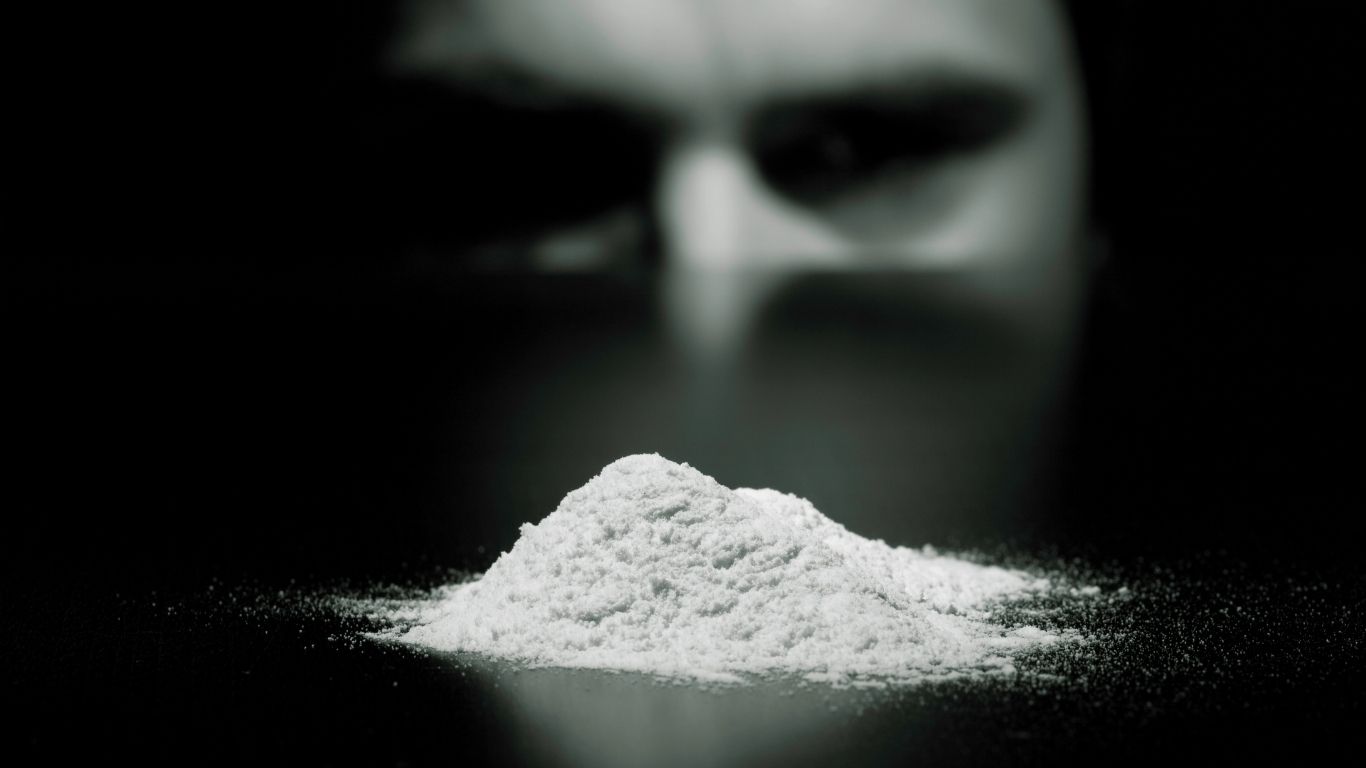Passing a Drug Test When You’ve Used Cocaine
Cocaine is detected on drug tests in several different ways because there are different types of cocaine drug tests available. The half-life of cocaine is about one hour, meaning that it takes your body around one hour to get rid of half of the drug in the bloodstream. Long-term cocaine use can cause this half-life to grow longer, leading to longer elimination times, but it depends on your unique metabolism.
There are many claims on the internet for products stating they can get the cocaine out of your system quickly. Unfortunately, none of them have been scientifically proven to work. Staying hydrated may help your body excrete metabolites faster, but chugging water will not guarantee you will pass a test and can actually be dangerous to your health due to water intoxication.
If you are worried about being tested for cocaine use, it might be time to think about the dangers of cocaine use and how it is affecting your life. You may have an addiction or a substance abuse disorder. If you need help quitting, drug detox and addiction treatment programs are available to you now.
How Long Does Cocaine Stay in Your Body?
After your last use, drug tests can find cocaine and metabolites (the metabolic action the body takes to break down cocaine – often thought of as by-products of metabolic action after cocaine use) in the blood and saliva for up to 2 days, in a hair test sample the detection window can be months or even years, and in urine testing for up to 3 days for casual users, or up to 2 weeks in regular users.
Cocaine, in general, will stay in a person’s system for 2 to 10 days, but this can vary depending on factors that may affect the length of time like:
- How much you use and how often you are taking cocaine – The more you take, the more will be in your system.
- Method of use – Snorted and gummed cocaine will remain in your system longer than if it is injected or smoked.
- Whether you drink alcohol – Drinking can cause some metabolites to stay in your system longer.
- The purity level of the cocaine – Contaminants can affect the timeline of metabolism.
- Your body composition – The higher the body fat, the more the body will store metabolites. Your height, weight, gender, and age may also make a difference.
- Your organ health – The liver and kidneys are the body’s filters. If they are not working at full capacity, it may take longer to process the cocaine out of your system.
Cocaine Withdrawal Symptoms
The most common cocaine withdrawal symptoms include:
- Insomnia and/or vivid dreams
- Anxiety
- Depression
- Restlessness
- Irritability
- Difficulty concentrating
- Appetite changes
- Lethargy
Cocaine withdrawal symptoms are rarely dangerous to your health and tend to resolve over just a few days, but there are psychological concerns that come with detoxing, including paranoia, depression, and a general malaise that is best monitored by medical professionals. You may also become dehydrated and need assistance maintaining your physical health.
Entering a medically assisted detox program will give you 24-hour psychiatric care and medical oversight, along with medications that will help you rest and feel comfortable as the drugs leave your system. You can also begin therapy and/or counseling to get to the root of your addiction, which will continue in a customized rehabilitation plan.
Cocaine Detox at TruPath Recovery
Instead of stressing about passing yet another drug test, why not get clean for good? At TruPath recovery center, we can help you quit this devastating drug in a safe medical detox and rehab program that is designed specifically for cocaine users and will be tailored to meet your unique needs as a patient.
We have a nationwide network of rehab treatment centers that provide the full continuum of care, and can lead you through detox, into inpatient treatment programs through several outpatient options including day programs/partial hospitalization plans (PHP) and intensive outpatient programs (IOP).
We treat cocaine addiction through an integrated combination of care that includes:
- Residential inpatient detox and rehab addiction treatment with medication assisted treatment, providing prescription medications to help ease the symptoms of withdrawal and drug cravings
- Client empowerment through integrity and teamwork
- Individual therapy, family therapy, and group therapy, including cognitive behavioral therapy, dialectical behavior therapy, biofeedback, psychodynamic therapy, experiential therapy and motivational enhancement therapy.
- Holistic treatments like meditation, yoga, and art therapy
- Dual diagnosis treatment for co-occurring mental health issues like anxiety disorders, depression, codependency, grief and loss, body image disorders, bipolar disorder, and post-traumatic stress disorder
- Continuing care, with case management services, connections to sober living homes and support groups like SMART recovery, Alcoholics Anonymous or Narcotics Anonymous
Our facility offers executive treatment plans that are made to work around busy COO, CFO, and CEO careers with a focus on stress management, coping strategies, relapse prevention and work-life balance, providing a less-rigid schedule for people who need to attend meetings, travel for business, and be available 24 hours a day.
Whatever your unique needs are, we will work with you to get you the important help you need, so you can thrive as you recover from cocaine dependence. The road to recovery may be bumpy, but our team will be there for you through all the issues associated with cocaine addiction. Call today to get started. We will verify insurance coverage, find out more about your situation, and let you know what the next step should be. We are here for you.





